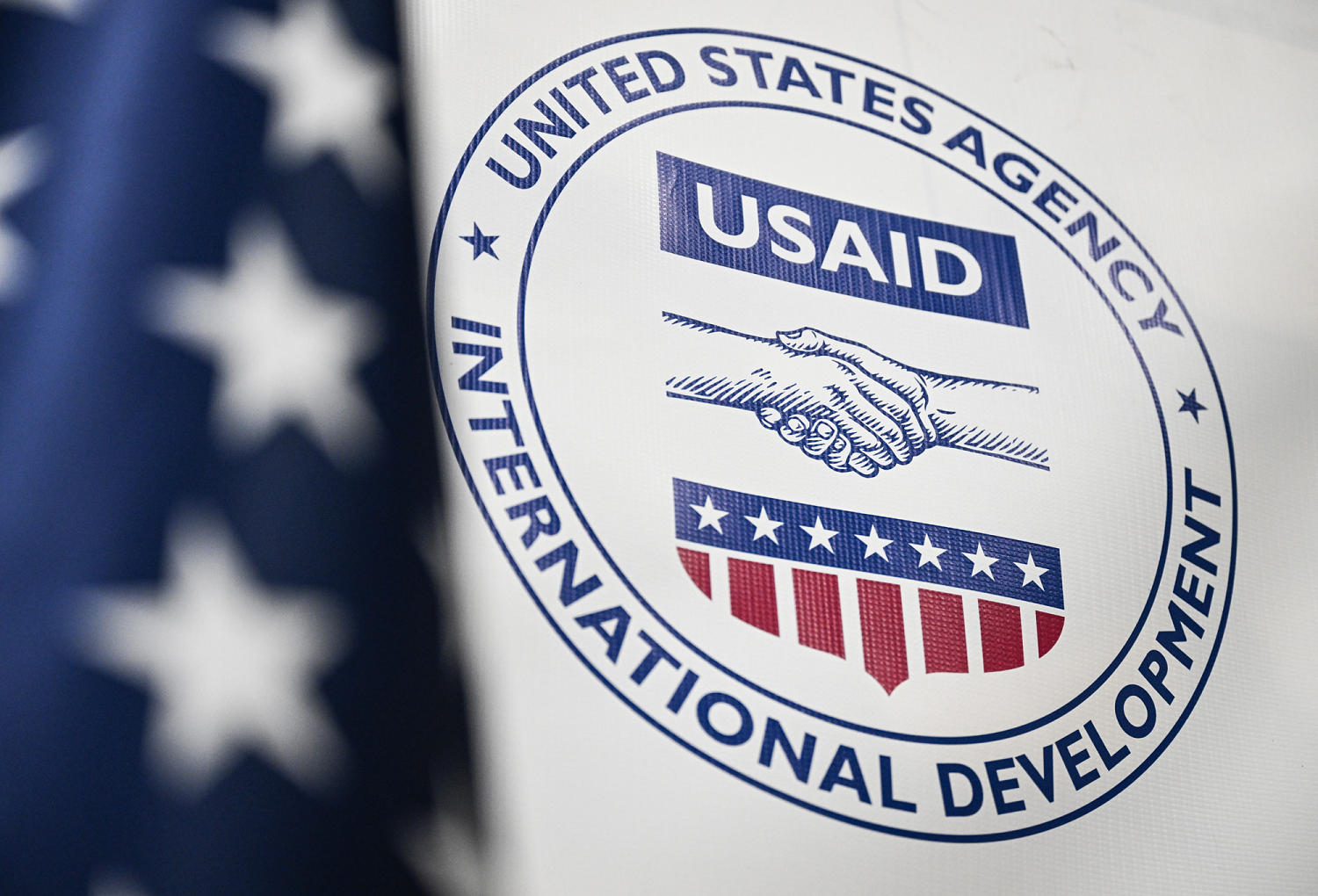

A new approach to addressing adolescent anxiety is akin to coping with alcoholism by taking a shot of vodka. Troodi, an “AI-powered health coach,” claims to support children’s emotional and physical well-being. The app is delivered through Troomi, a smartphone specifically designed for kids, functioning as a Siri-like tool for mental health. Children use the app to discuss daily stresses, and according to its website, “Troodi offers a listening ear and helpful advice.”
Troomi’s approach is notable for going against conventional wisdom, despite extensive data highlighting the negative effects of smartphone use. Research from the Global Mind Project confirms, “The relationship between mental well-being at age 18-24 and the age of first smartphone acquisition remained significant, even for those without traumatic or adverse childhood experiences.”
With AI, parents are willingly surrendering their authority and outsourcing their most critical role.
While troubling, the message may be worse than the medium. Information can be commoditized, but applying it requires judgment — an essential human quality that cannot be outsourced. A bot may validate someone’s feelings, but unlike a therapist or, dare we say, a parent, it cannot understand the complexities of living in a social world while managing and applying those feelings. Such understanding comes only through lived experiences.
Jonathan Haidt, a renowned psychologist, author, and leading critic of smartphone culture, underscores this point in “The Anxious Generation: How the Great Rewiring of Childhood Is Causing an Epidemic of Mental Illness.” He argues, “Experience, not information, is the key to emotional development.” Haidt further explains, “In this new phone-based childhood, free play, attunement, and local models for social learning are replaced by screen time, asynchronous interaction, and influencers chosen by algorithms. Children are, in a sense, deprived of childhood.”
What types of experiences does Haidt mean? The kind that builds a child’s character — Little League games, summer jobs, and community service. These activities demand active participation and production rather than passive consumption. Once again, it’s not about having the information but about how one uses it.
A bot like Troodi cannot replicate the sense of accomplishment that comes from overcoming failure. An app cannot think critically in a compromised situation. Technology cannot put an arm around a teenage busboy, look him in the eye, and say, “Job well done.” Human interaction cannot be replaced. There is no algorithm for empathy.
One solution remains far superior to smartphones in helping children grow into thriving adults: parenting. As Meg Meeker writes in “Strong Mothers, Strong Sons: Lessons Mothers Need to Raise Extraordinary Men”: “Numerous studies have shown that when a boy has a secure attachment to his mother, he is psychologically healthier, stronger, and even braver. He will have higher self-esteem, perform better in school, and have lower rates of mental and behavioral disorders.”
This principle extends beyond the mother-son bond. In her book “Strong Fathers, Strong Daughters: 10 Secrets Every Father Should Know,” Meeker emphasizes, “If you don’t give guidance to your daughter, she’ll come up with answers of her own — which means your authority will be replaced by someone else’s.” With AI, parents are willingly surrendering their authority and outsourcing their most critical role. It’s insulting to parents and mental health professionals alike for companies to suggest that bots can take their place.
Parenting is undoubtedly challenging. Modern schedules and cultural norms in America have only heightened these difficulties. Being a working parent is admirable and can set a valuable example for kids. The fact is, working parents face limits in their time and energy each day. Has society placed too much emphasis on professional achievements at the expense of the most critical vocation — being a mom or dad? Bots can manage calendars, but they cannot tuck a child in at night.
Troodi should serve as a wake-up call that something deeper has gone wrong. When a company can profit from the idea that artificial intelligence is an adequate solution to address the youth mental health crisis, it signals a societal failure. Human challenges require human connections. A human must step in to handle what only humans can.
.png)
 3 hours ago
1
3 hours ago
1













 English (US)
English (US)